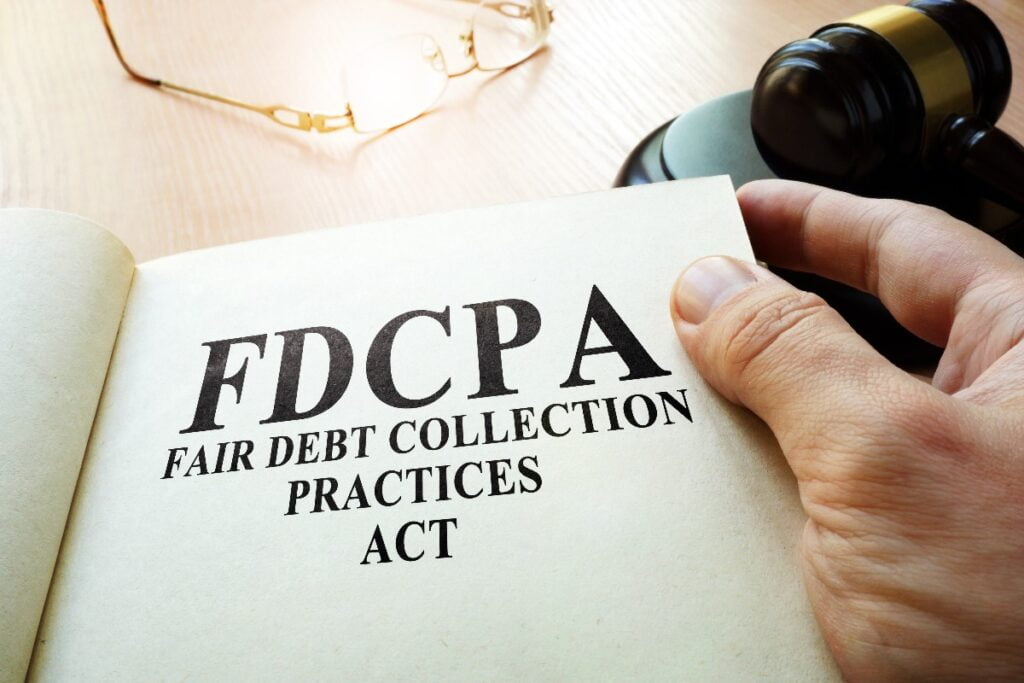Navigating the labyrinth of debt collection can be daunting, not just for creditors but also for those who owe money. Approaching this sensitive issue requires a balance of tact and legal insight.
With numerous regulations in place to protect consumers, it’s essential to understand the boundaries of acceptable practice. From the Fair Debt Collection Practices Act to state-specific laws, there exists a framework designed to ensure that both parties are treated fairly.
This article will guide you through the intricacies of debt collection, equipping you with the knowledge to pursue collections effectively while steering clear of legal pitfalls. Whether youre a creditor seeking to reclaim funds or a debtor trying to understand your rights, finding the right approach is key to a resolution that respects the law and fosters understanding.
Best Practices for Ethical Debt Collection

When navigating the intricate landscape of debt collection, adhering to best practices is vital for ethical engagement. Begin by ensuring clear communication; always identify yourself and the purpose of your call or correspondence.
This transparency fosters trust and decreases anxiety for the debtor. Consulting with a debt collections attorney can help ensure that your practices are in line with legal requirements, protecting both you and the debtor. Additionally, it’s essential to respect privacy—never disclose information about the debt to unauthorized third parties.
Employing empathy is another cornerstone; recognize that financial struggles can evoke strong emotions, and approach each interaction with compassion and understanding. Furthermore, maintain accurate records of communications and follow all legal guidelines rigorously.
Last but not least, offer options—whether it’s flexible payment plans or resources for financial counseling—to empower debtors rather than push them into a corner. These practices not only uphold the law but can also foster a healthier relationship between collectors and those in debt.
The Fair Debt Collection Practices Act (FDCPA)

The Fair Debt Collection Practices Act (FDCPA) stands as a pivotal piece of legislation protecting consumers from abusive, deceptive, and unfair debt collection practices. Established in 1977, this act outlines the rights of consumers while imposing strict regulations on collectors.
For instance, it prohibits harassing behaviors and mandates clear communication regarding the nature and amount of debt owed. Imagine receiving a call at all hours, with collectors shouting and threatening—you won’t have to, thanks to the FDCPA! It empowers individuals by ensuring they are informed about their rights, such as the ability to dispute a debt and request validation.
Navigating this regulatory landscape can be complex, yet it is essential for both debtors and collectors alike to understand that playing by the rules fosters a fairer, more respectful dialogue in what can often be an emotionally charged situation.
Establishing Effective Communication with Debtors

Establishing effective communication with debtors is paramount to navigating the delicate terrain of debt collection lawfully and compassionately. Start by approaching them with empathy, recognizing that financial struggles can be overwhelming and isolating.
Use clear and respectful language, ensuring your message is straightforward yet considerate, which helps to foster a constructive dialogue. Its crucial to actively listen to their concerns—an understanding ear can significantly alleviate tension.
Employ various channels of communication, whether its a friendly phone call or a well-crafted email, to provide flexibility and accommodate their preferences. Remember, keeping the lines of communication open not only facilitates a better understanding of their financial situation but also cultivates trust, which can lead to more amicable resolutions.
Each interaction is not just about collecting debts; its about building relationships that may pave the way for mutually beneficial outcomes.
Conclusion
In conclusion, navigating the complex landscape of debt collection requires a thorough understanding of the legal frameworks in place to protect both creditors and debtors. By employing respectful communication strategies, staying informed about consumer rights, and maintaining compliance with laws such as the Fair Debt Collection Practices Act, individuals and businesses can effectively approach debt collection while minimizing risks.
For those facing challenges in this process, consulting with a debt collections attorney can provide invaluable guidance and help ensure that all collection efforts remain within legal boundaries. Ultimately, fostering a fair and ethical approach to debt collection not only aids in recovering owed funds but also promotes a healthier financial environment for everyone involved.


